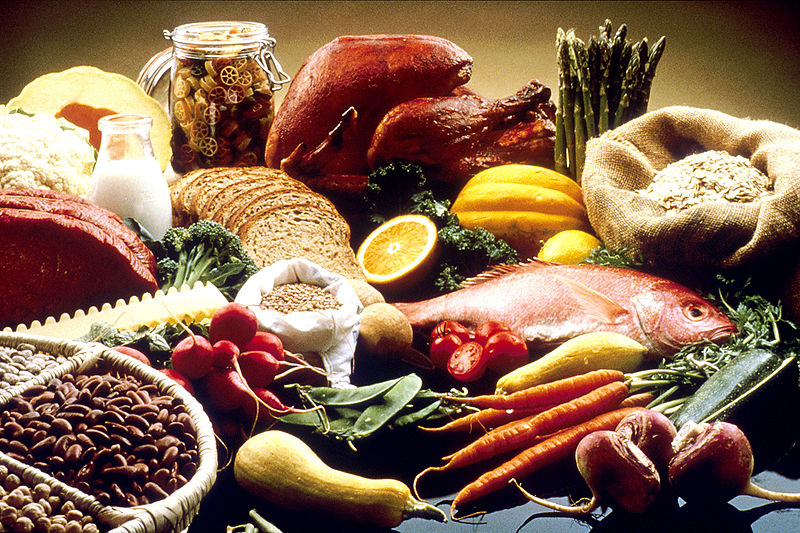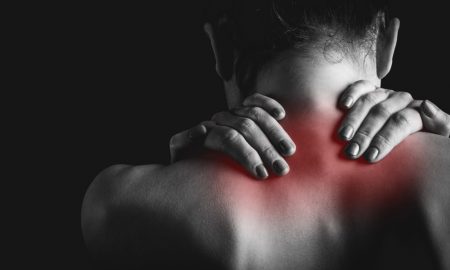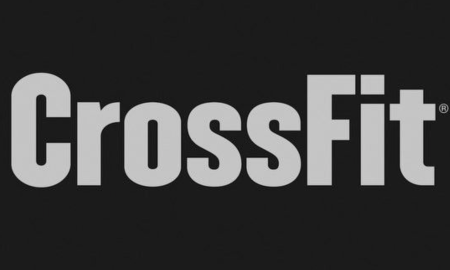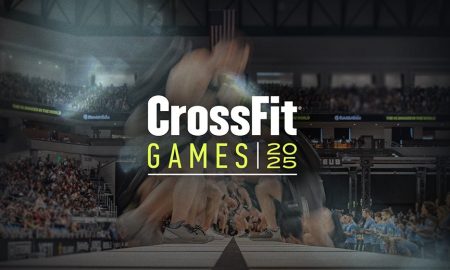
When it comes to proteins and amino acids, there are a lot of myths and misconceptions going around. Many individuals are not aware of the facts when it comes to proteins. Are all the different protein types equal? How much protein do we need? It is important to note:
- It would be best if you had proteins each day and carbohydrates and fats.
- The protein molecule is made up of amino acids, which are considered the building blocks of life.
- Proteins are responsible for new cells formation and repairing damaged cells and muscles.
Regardless of the necessity of proteins, many myths still exist. Here are a few of the top myths about proteins debunked:
1. Everyone Needs The Same Amount of Protein
It is widely believed that everyone needs the same amount of protein in their daily diet. While it is recommended that an adult male has about 56 grams of protein daily, an adult female should consume about 46 grams of protein.
However, the recommended daily intake may not be suitable for everyone due to different physiological needs. As such the aminos for women may be different from those for men. The protein intake an individual needs may vary depending on:
- Lifestyle
- Age
- Calorie consumption
A more active individual will need more protein than a less active person. A great way to work out the protein intake an individual need is to consider their body mass. An active individual requires about 2 grams of proteins per kilogram daily body weight.
2. High Protein Intake Can Lead To Osteoporosis
Many wrongly believed that protein intake led to the formation of acids that caused the breaking down of bone mass, gradually leading to osteoporosis. Recent studies have shown that the theory is incorrect. Incorporating proteins into your diet can prevent the onset of osteoporosis.
It is important to include proteins in your diet to ensure the health of your bones and muscles. In older people who have osteoporosis, a higher protein intake has been linked to a slower rate of bone loss and a higher bone density.
3. The Protein Sources Are All The Same
There are many available protein sources such as dairy products, meat, and grains. However, the different proteins are not all similar. Proteins are composed of 20 amino acids. Nine of these amino acids are considered essential as our bodies are unable to produce them, and we, therefore, need to incorporate them into our diets.
Proteins containing all the essential amino acids are called complete proteins and mostly come from animal sources. However, we can still have complete proteins from plant-based sources. It is important to ensure a variety of plant-based sources have enough complete proteins.
Nowadays, many individuals opt for plant-based proteins such as whole grains and nuts instead of red meat.
4. You Should Eat Proteins Immediately After a Workout
Some exercise and workout enthusiasts believe you should take in protein nutrients immediately after a workout. It is believed that taking proteins during this period helps repair damaged muscle tissue and boosts general performance in the long run.
However, even though refueling your body after working out is still important, your body can still recover from the proteins and nutrients that you consume throughout the day. It is crucial to consider your diet in general and analyze the fueling period around your workout.
You can also consider eating before your workout and exercises to boost recovery and muscle repair. It can be very helpful, especially if you may be unable to eat after working out.
Proteins play an essential role in our general health. We must maintain a proper protein intake from various sources, including vegetables and plants.

















Follow Us